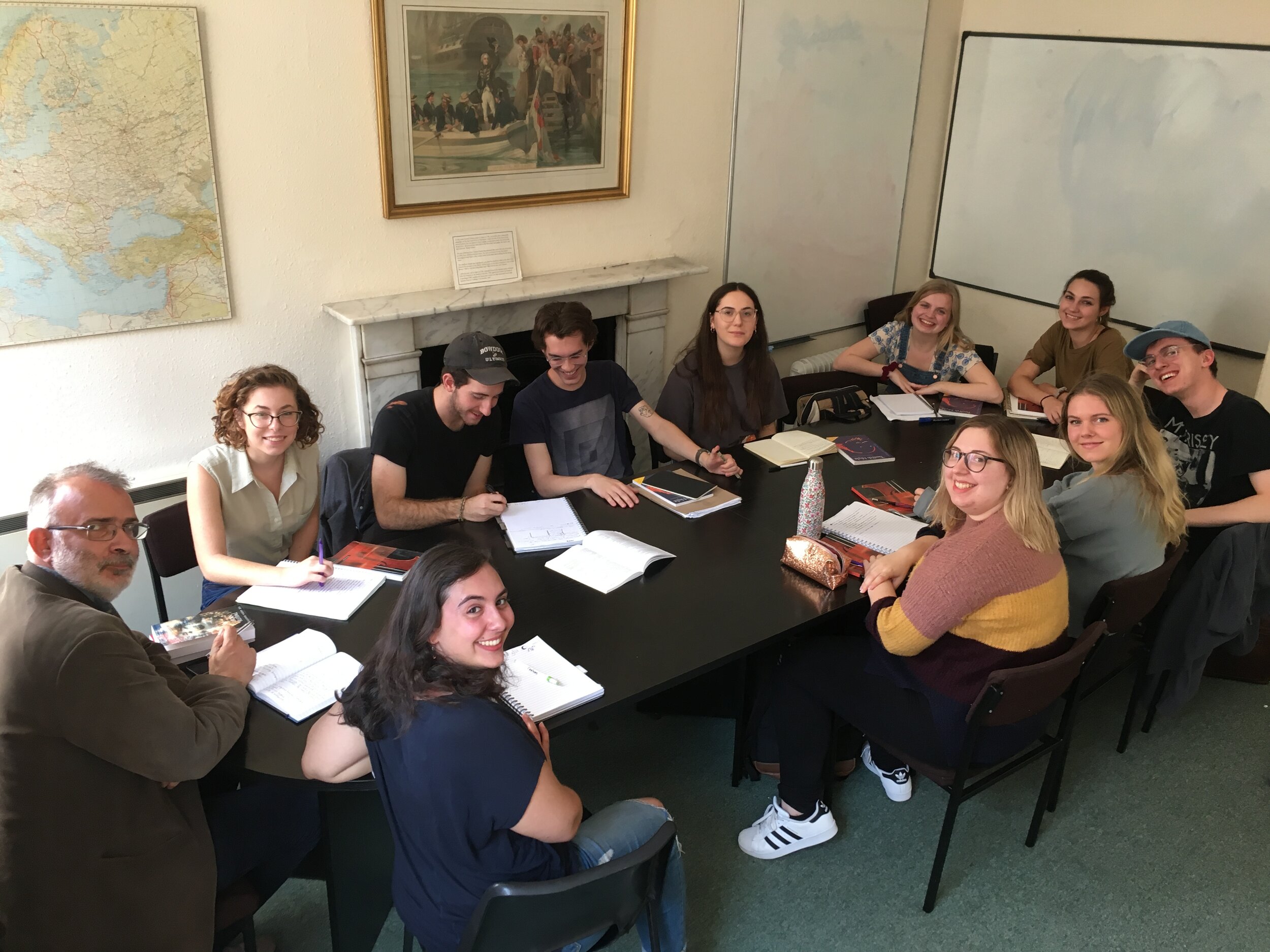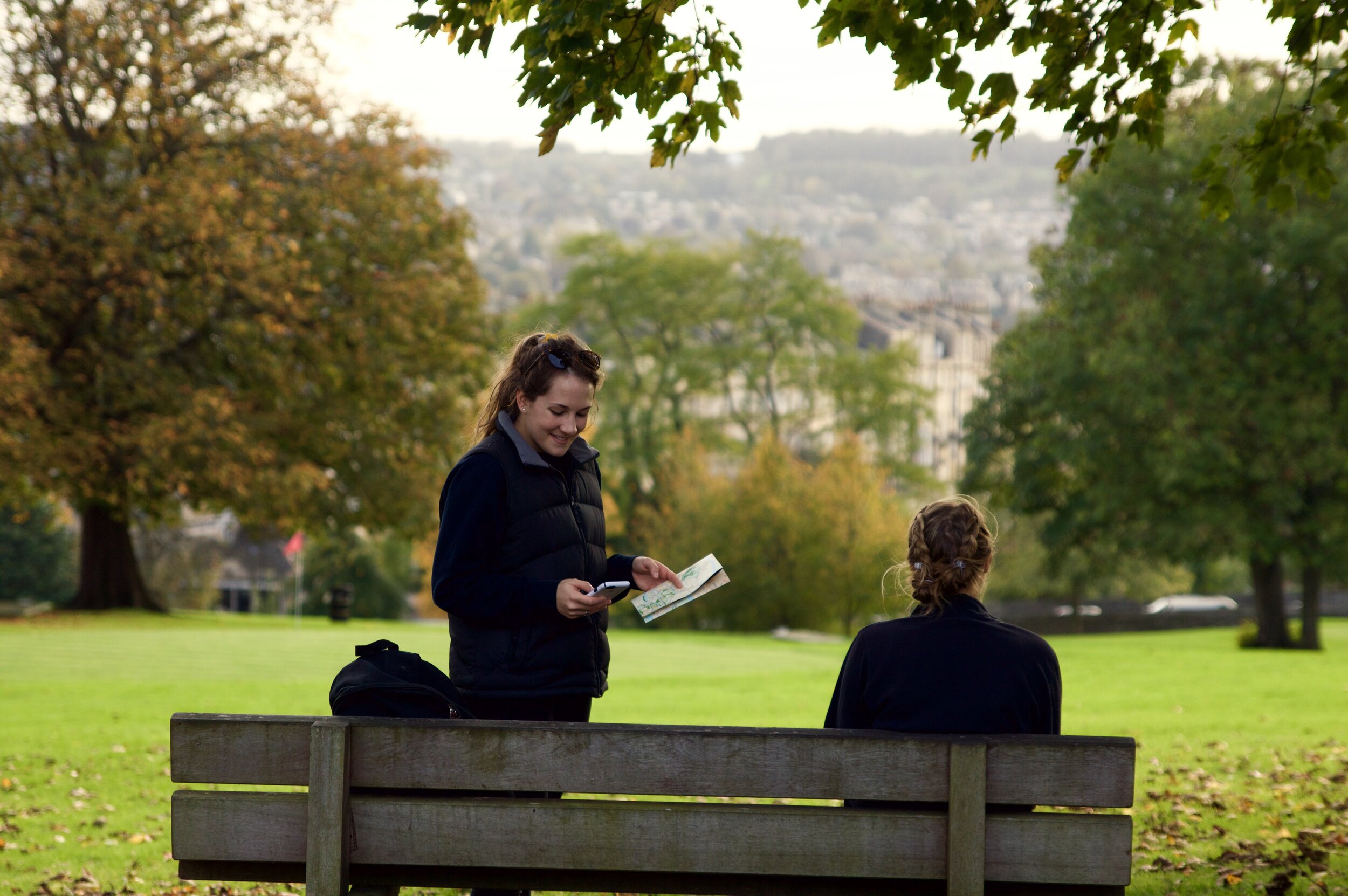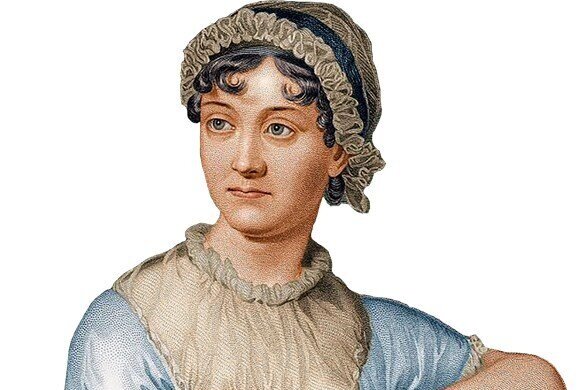
Seminar Courses
Choose from our rich array of seminar courses, covering fascinating topics across a wide range of academic fields.
Class size:
Maximum 13
Eligibility:
GPA of 3.0 usually required
Credits:
16* for whole programme - 4 credits per course
Typical assessment:
Written papers, class participation, final examination
Fee:
$21,950
Transcript:
Franklin & Marshall College
Classes meet once a week, usually for two hours, in groups no larger than 15. Course assessment is continuous and derives from a series of papers and (usually) a final examination, plus class participation.
Students can choose to study four seminar courses per semester, or can choose two or three seminar courses as part of the Advanced Tutorial Programme, Internship Programme or Education Programme.
*It is the responsibility of each student to ensure that their chosen programme satisfies the credit requirements of their home campus.
Courses available
This course offers students with a passionate interest in performance the chance to develop and hone their own acting skills through traditional and innovative theatrical practice.
This course explores racial identities in fantastic fiction from around the world from the nineteenth century to the present day in an attempt to define a Black fantastika.
Britain has a distinguished – and distinctive – tradition of crime writing. This course explores the development of this tradition from the nineteenth century to the present day.
How do TV period dramas reflect and influence British national identity, and others' perception of it? Why does the genre continue to be so popular? And how far has it adapted (and should it adapt) to 21st century values?
This course examines the continuing appeal of British televised period drama.
Women playwrights have written some of the most important plays of recent years: Caryl Churchill, Sarah Kane, Tanika Gupta, Lucy Prebble and Alecky Blythe have shaped the course of modern British theatre as much as anyone.
This course will examine the history of women playwrights in Britain, from sixteenth-century Lady Jane Lumley to to the current explosion of multi-cultural women’s voices, such as Tanika Gupta, Lucy Prebble, Chinonyerem Odimba, Beth Flintoff and Ifeyinwa Frederick.
In this course, we will consider different ways of looking at the castle, not just as a piece of military architecture, but as a home, a centre of power and a stage for social and cultural display.
War, global instability, and inequality. Terrorism, migration, and fascism. The rise of AI and climate change.
These issues shape the contemporary political and ethical landscape and urge us to examine them carefully in order to navigate our world.
This course explores the idea of ethical behaviour and the ethical self in the twenty-first century. Students will be encouraged to see ethical answers in the ‘poly-crisis’ of modern life.
This course will examine some of the most prominent and original British writers of colour of the past 50 years, including Monica Ali, Samuel Selvon, Salman Rushdie, Zadie Smith and Andrea Levy.
This course takes an active, process-oriented approach to playwriting, directly involving would-be writers for the stage in a collaborative, cooperative creative effort.
Music is undeniably a fundamental part of being human. It plays a substantial role in culture, social bonds, knowledge building, communication, and even neurological health. This course requires students to tap into the deep power of music while cultivating creativity and collaboration through practical music-making both individually and as a group.
Developing a show collaboratively has become increasingly popular in UK theatre, giving rise in recent years to some extraordinarily exciting, dynamic productions and a number of successful and celebrated devising companies. This course is designed for students interested in learning how to devise new dramatic work for themselves, creating narratives without a pre-determined script through an exploratory, collaborative process of improvisation, rehearsal and performance.
What does it mean to be British in one of the most diverse countries in the world today? How did the rich ethnic tapestry that constitutes Britain in the early twenty-first century come into being?
This interactive, discussion-based course aims to give an overview of the English educational system, looking at contemporary issues in education as they affect teaching in the UK, the US and globally.
This course aims to give students the knowledge and tools to analyse contemporary struggles over the environment and place them in their historical context.
This course provides insights into how economic concepts directly impact the natural environment, from the development of international policies to the vast ramifications of single individuals’ choices.
This course aims to provide an introduction to the extraordinary artistic scope of Shakespeare’s work across genres. Five plays will be examined in their own contexts.
Britain has a rich documentary tradition the Free Cinema movement of the 1950s and Channel 4’s film workshops of the 1980s, to the pioneering work of the BBC in current affairs and wildlife documentary.
This course will give students the opportunity to explore contemporary short film culture in the UK and to produce work of their own inspired by this research.
This course introduces students to imaginative, theoretical and practical elements of short-film screenwriting, covering a range of styles and genres.
What does it mean to be a man or a woman in medieval English literature? This course offers the opportunity to explore gendered identities in the Middle Ages.
This course is an introduction to the power, variety and continuing importance of Irish writing. Students will study the relationship between art and its social and cultural context.
This course examines the development of Irish nationalism, the struggle for Irish independence and the development of a separate identity in the north-east of Ireland.
This course will explore how Austen's acute social observations of the late eighteenth and nineteenth centuries live on into the twenty-first.
This course explores the representation of evil through literary texts, survivors' testimonies and theoretical argument. Key themes include the propensity for evil within groups, including cults; the desire for a leader; and the way in which psychopathology is presented in literature and the 'true crime' genre.
This course looks at the key political developments in twentieth-century Britain from 1900 to the present.
Britain and Ireland have a rich heritage of myths and legend that merits comparison with the better-known Greek and Norse cycles.
Realism, Naturalism, Romanticism, Total Theatre, Socialist and Feminist Drama: there have been numerous developments in British Theatre since William Shakespeare and the Renaissance.
Power is a much misunderstood concept, variously invoked as constructive, liberating, coercive and conspiratorial. How can we best understand it?
Contemporary picturebooks and graphic novels have transformed the way we think about reading, demanding the orchestration of the visual and the written in order to make meaning.
In this course, we follow the timeline of Post-War Britain, from angst and austerity, to affluence and consumerism. British art developed a wide range of subjects, narratives and styles.
For the full list of seminar courses available, visit the browse page.
Teaching, learning and assessment
Timetable
Classes are held daily from Monday to Thursday, with Fridays reserved for course-related study and study trips.
Credits and programme structure
Each seminar course is recommended for four credits. Students usually choose one of the following combinations of courses, each recommended for a total of 16 credits:
Seminars only: choose four seminar classes
The Advanced Tutorial Programme: one tutorial plus three seminar courses
The Education Programme: a weekly school placement and one education-specific seminar, plus two other seminar courses
The Internship Programme: one weekly internship placement plus three seminar courses
It is the responsibility of each student to ensure that their choices satisfy the credit requirements of their home campus.



Assessment
Typical assessment for an ASE seminar course consists of:
Written papers
Classroom quizzes
Class participation
Final examination
Exact assessment methods and criteria may vary according to the needs of the individual course.
Transcripts are provided by Franklin & Marshall College.
Application and eligibility
How to apply
Applications can be made directly to ASE through the online form on our Apply page.
Pre-application enquiries, or expressions of interest, can be made through our Contact page.
GPA requirements
Students applying to ASE normally require a minimum GPA of 3.0. However, ASE will consider favourably applicants with a lower GPA, providing letters of recommendation make a persuasive case for the suitability of a student.
Minimum enrolment
Courses will only run if there is a viable level of enrolment. Acceptance to courses cannot be guaranteed, but every effort will be made to provide students with the courses of their choice.

“An ideal blend of challenging academics and amazing cultural experience.”
— Chris Smith, Gettysburg College






























